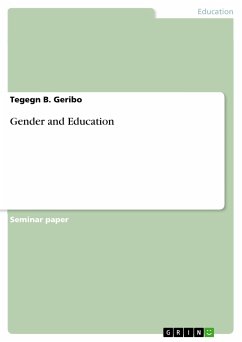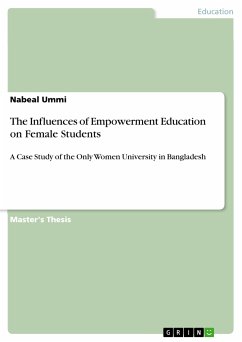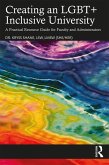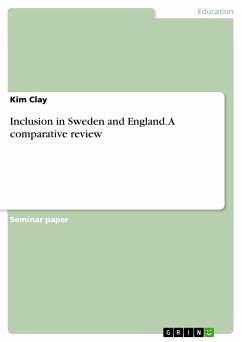Seminar paper from the year 2011 in the subject Pedagogy - School System, Educational and School Politics, grade: A, ( Atlantic International University ) (School of Human and Social Studies), language: English, abstract: Abstract Education is universally recognized as playing role in sustainable social and economic development. Regardless of the ideology underlying approaches to development, education improves the quality of life; it improves health, expands access to paid employment, increases productivity in market and non-market work, and facilitates social and political participation. Because of these facts, the education of girls and women is therefore an important investment, despite the precarious economic contexts within which many countries have to provide for education. Gender refers to historical and sociological relationships between women and men. If development is seen as an attempt to raise the quality of life all citizen, gender in development works toward ensuring that the special needs of women with respect to those of men, are met in this process. However, significant gender inequalities exist in education sector. These inequalities are found not only in indicators which can be rapidly obtained from statistical sources such as literacy, enrolment, achievement and levels of schooling attained, but also in several other aspects of education which are of concern in the pursuit of gender equality and equity such as management personnel in decision-making roles, curriculum content and reform, and the pupil-teacher interaction.
Dieser Download kann aus rechtlichen Gründen nur mit Rechnungsadresse in A, B, BG, CY, CZ, D, DK, EW, E, FIN, F, GR, HR, H, IRL, I, LT, L, LR, M, NL, PL, P, R, S, SLO, SK ausgeliefert werden.









